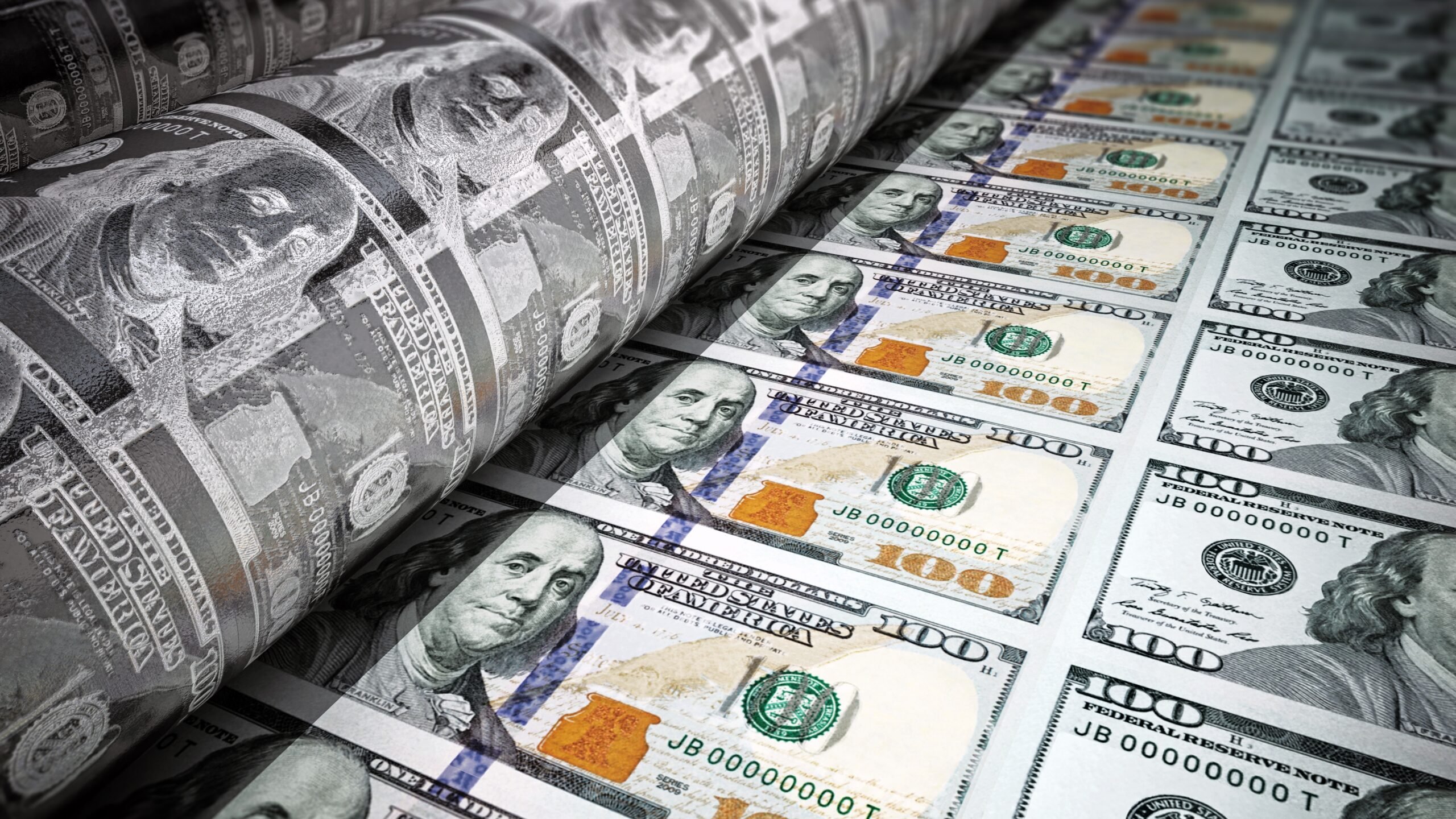
Kevin Warsh, a former member of the Fed’s Board of Governors, writes in defense of a central bank digital currency (CBDC) in the Wall Street Journal. Mr. Warsh believes we need a digital dollar to keep up with China. “U.S. policy makers should heed the moment and respond with a strengthened form of the dollar in service to the national interest,” he counsels.
Mr. Warsh undoubtedly has the best of intentions, but following his advice would be disastrous. We should absolutely not implement a CBDC. Meeting the threat of an authoritarian rival by embracing perilous social-control technologies is totally contrary to the American ethos. By all means, invest in improvements to the U.S. payments system. But replacing that system with a CBDC, which would give the government unprecedented control over financial transactions, should be a non-starter.
To his credit, Mr. Warsh recognizes the threats to financial privacy posed by a digital dollar. He clearly disfavors “retail” CBDCs—government payments processing for all households and firms. “This is at odds with the American ethos of privacy from government intrusion,” he writes.
“The specter of state surveillance of individual spending is dangerous,” Mr. Warsh continues. Instead, a digital dollar should be used “exclusively for wholesale transactions,” meaning between financial institutions such as banks. A wholesale CBDC “would more effectively intermediate payments among the government, financial firms and foreign central banks. Settlements would be made faster. Payments would be cheaper. Cross-border transfers would be seamless. Money creation would be more transparent,” he claims.
Perhaps so. But regardless of whether these benefits are real, Mr. Warsh massively underestimates the costs. Does anyone seriously believe that a U.S. CBDC that started as wholesale-only would remain wholesale-only? And once the inevitable wholesale-retail boundary is crossed, how long would it take for CBDC use to become mandatory? Government programs have a strong built-in tendency for growth beyond their original intents and purposes. We would be wise to heed the words of Milton Friedman: “Nothing is so permanent as a temporary government program.”
Just look at the government’s record with monetary institutions and policy. The Federal Reserve was created to fight bank runs, not conduct monetary policy. Defenders of the Federal Reserve Act of 1913 explicitly foreswore central banking. And, yet, here we are.
When President Nixon closed the gold window in 1971, it was supposed to be a temporary measure. In retrospect, it severed the final, tenuous link of the dollar to gold.
More recently, following the 2008 crisis, the Fed’s interest-on-reserves policy in an environment of abundant bank reserves was perceived to be a temporary accommodation to extraordinary circumstances. Now it seems the floor system has replaced the corridor system permanently.
Temporary monetary interventions inevitably result in a permanent degradation of monetary institutions.
Last fall, I strongly recommended against a digital dollar in my own WSJ commentary. My conviction has only gotten stronger since then. We cannot permit a CBDC to gain a foothold in the U.S. The fact that the New York Fed, in conjunction with a handful of private banks, has implemented a “pilot” program with digital tokens is worrying enough. Under no circumstances should we allow the government to roll out a CBDC. As I warned a year ago, “All the benefits of this technology can be achieved through alternative and narrowly targeted policies. The costs, however, could be extreme…The best way to prevent a financial panopticon is to not build it at all.”




